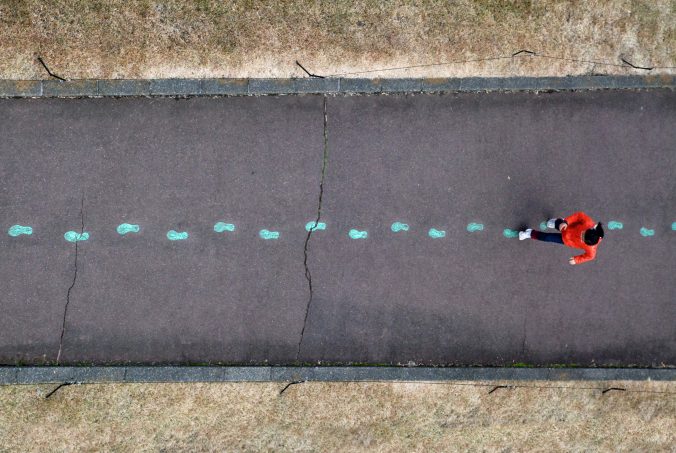What does it mean to network using social media?
Using social media makes the world smaller and it is easier to communicate with each other. Thus, individuals and societies have become much more connected to each other and to a huge amount of information from all over the world since the introduction of smart phones and Wi-Fi. Our relationship with technology, at least in highly digitised societies, begins almost from the moment we are born. We develop both an online and offline identity throughout our lives. This means that we should think of ourselves as networked individuals living and learning in a network society. This close relationship between people and technology has had a significant impact.
How are we motivated to participate in networked publics?
For instance, Instagram is a very popular social media app worldwide. The intention of Instagram is to allow users to share interesting life moments and places that they have visited and liked. The number of Instagram users has increased, leading to the popularity of Instagram, which can motivate more and more people to participate and share their exciting moments in public. Moreover, Tiktok users make trending videos and go viral around the world, attracting more people to replicate their videos in order to get followers on Tiktok.
What are the risks & rewards of public communications?
The risk of public communication is network privacy because some websites are not fully secure, and your personal data can be steal or sold to other firms. Big Data is one of the major risks of public communication. Advertisements are published based on users’ interests. Another well-known risk of public communication is scamming. Many people in the world do not know how dangerous public networks and social media is? On the other hand, public communication has numerous advantages; for example, consumers may find restaurant reviews and tastes from other people who have already tasted the food. Avoid trying food that is not good for some reasons. Another benefit of public communication is seeing the world without traveling. For example, during the COVID-19 pandemic, there are many travel restrictions, so travel lovers can see the places they want to visit from the internet.
What is a digital identity?
According to Eric Stoller, “digital identity” is everything we post, share, and how we engage and treat other people. Thus, Stoller mentioned, “Digital identity is our footprint on the web and it is searchable for our work portfolio and blog, and everything we do online represents digital identity.”
How do personal versus professional approaches to digital identity effect social media use?
For privacy reasons, creating a separate account for both personal and work is important. Stop posting irrelevant information on your work account in order to maintain your professional status. On the other hand, a personal account can post whatever you want. For instance, professional approaches to digital identity allow firms to broadcast their products to gain popularity, like advertisements and some kinds of collaboration.
How do digital identities converge in networked publics – what are the impacts and/or benefits?
Privacy is the most distinct impact of digital identities in public networks because hackers and theft are everywhere on the internet; they steal personal information and bank information to scam people that you know and use your bank information to purchase something without your notice. The benefit of digital identities in public networks is that they can share things that are interesting, getting more people to know and make new friends. People can gather all the information around the world without leaving their country. However, there is a catch. Information online can be true or false. Sometimes fake information can mislead other people.
